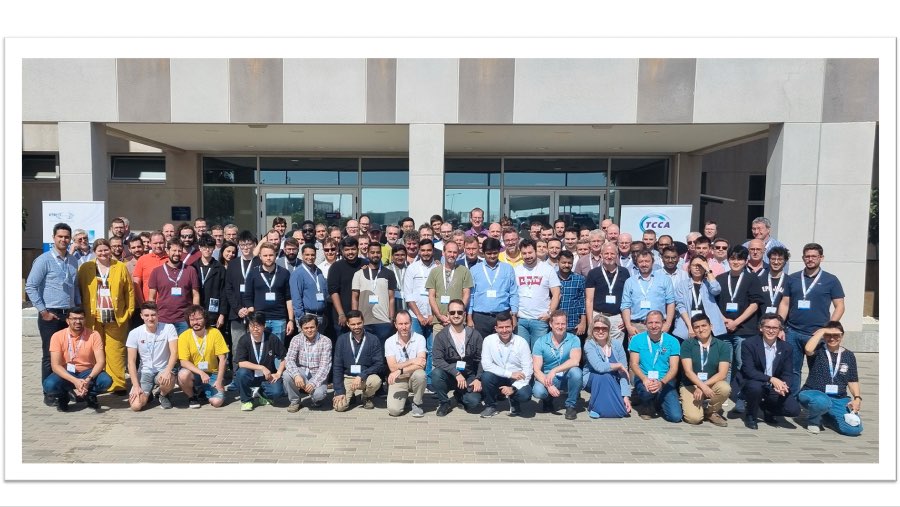
The ETSI’s 8th MCX (mission-critical) Plugtests event concluded last week at the University of Malaga. The event received support from the European Union (EU), the Critical Communications Association (TCCA), the European Free Trade Association (EFTA), EUTC (European Utilities Telecom Council) and the International Union of Railways (UIC).
This one-week event brought together approximately 40 vendors and nearly 200 registered participants, which included 20 representatives from European and American governments, operators and emergency bodies. Over the course of the week, individuals evaluated more than 360 different MCX (Mission-Critical) and FRMCS (Future Railway Mobile Communication System) test scenarios at the University of Malaga's facilities.
The primary objective of this event was to assess mission-critical services defined by 3GPP. These services are crucial for emergency responders such as fire departments, police, civil protection services, and ambulances, as they require secure and always available communication systems for emergency situations. Various entities use equipment like "walkie-talkies" with technologies such as ETSI TETRA, DMR (Digital Mobile Radio), TETRAPOL, and P25, which now incorporate the capability to transmit data and video. The event aimed to test these new devices on both 4G and 5G networks.
Notably, this event marked the first time these technologies were tested in direct mode, enabling phones to communicate with each other even without network coverage (off-network).
MCX serves as the foundation for advancing communication in the railway sector, known as FRMCS, as well as for other critical infrastructure needs. These interoperability events are of utmost importance for manufacturers to validate that their interpretation of the standards aligns with that of other manufacturers. They serve as a critical platform for manufacturers to ensure that their communication equipment can effectively connect with equipment from other manufacturers.
